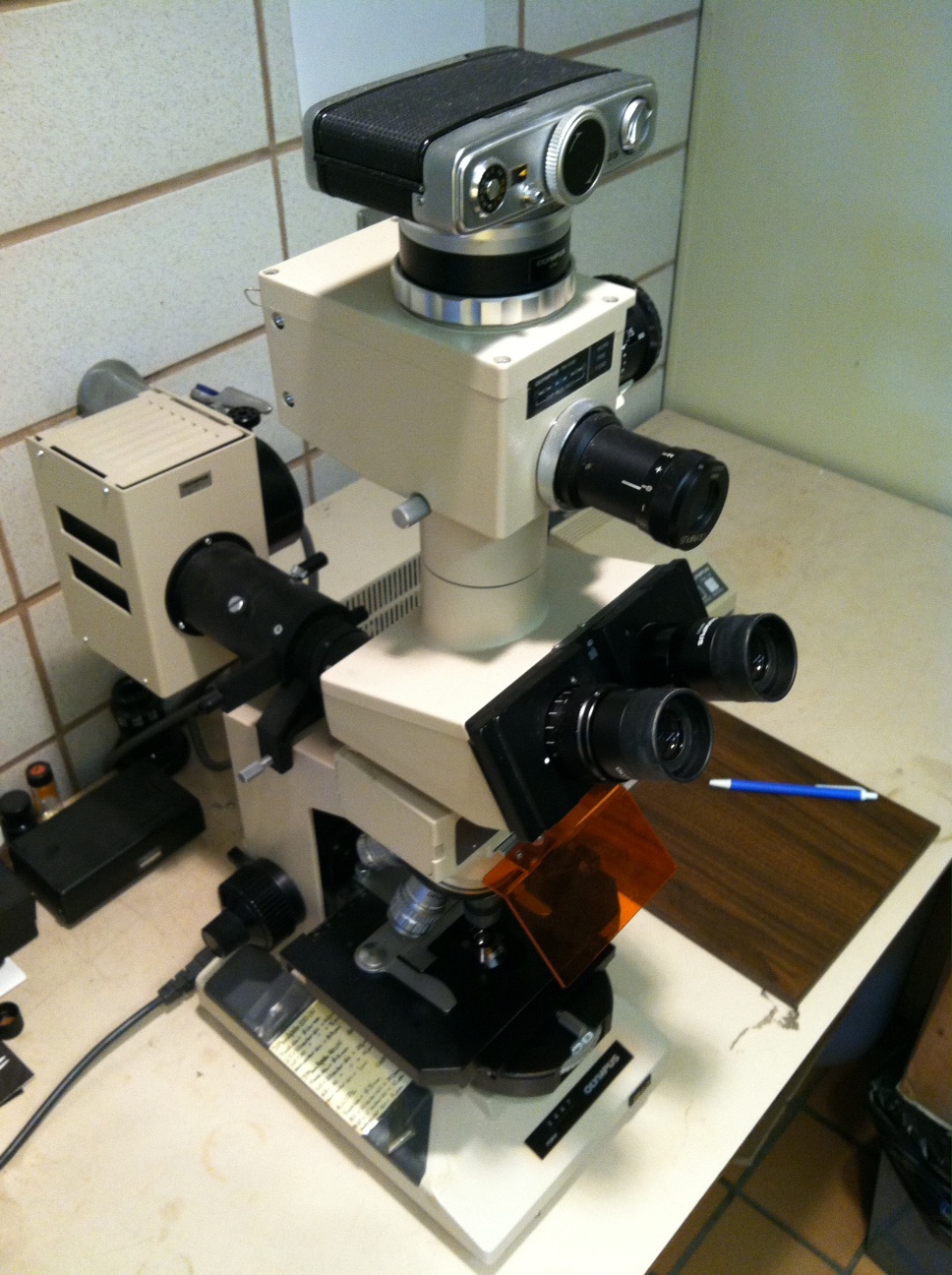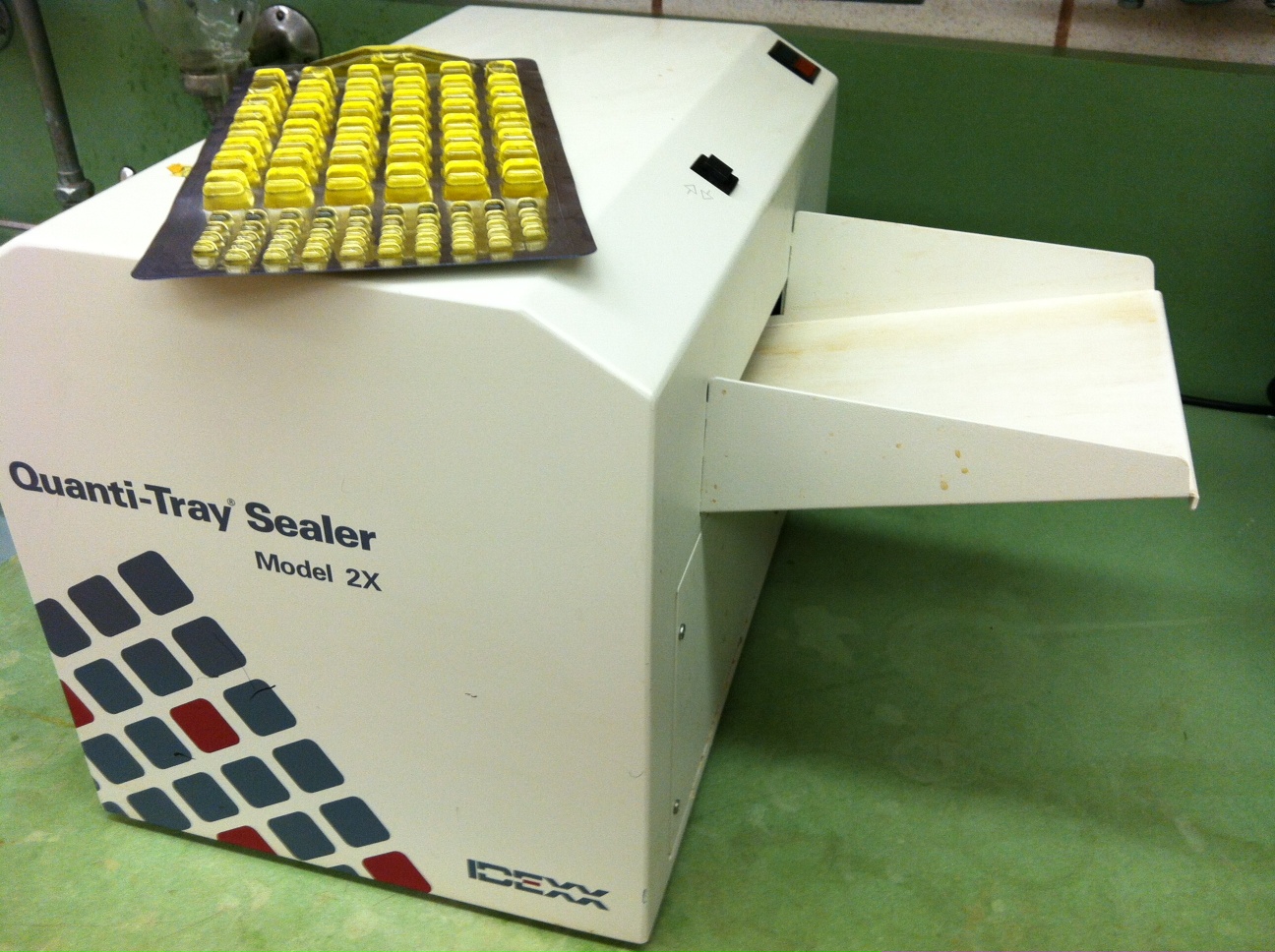The Environmental Health Sciences Laboratory (EHSL) is a section of the Department of Environmental and Occupational Health and Safety Sciences in the College of Public Health. EHSL was established to conduct research in the fields of environmental microbiology, environmental chemistry and environmental toxicology. EHSL is utilized by faculty, graduate and undergraduate students working on their Master of Public Health in Environmental Health (MPH) and Bachelor of Science in Environmental Health (BSEH) respectfully, and on special research projects.
The lab is also utilized for contract work involving water, wastewater and certain sediment analyses. We have carried out work for government agencies including Tennessee Valley Authority (TVA), Tennessee Department of Transport (TDOT), Tennessee Department of Environment and Conservation (TDEC), and cities in east Tennessee and southwest Virginia. Private companies and homeowners also employ our services.
FACILITIES:
EHSL occupies the entire bottom floor of Hutcheson Hall (over 4600 square feet).
- Specific labs designated for:
- Microbiological analyses
- Wet chemistry/physical parameters
- Metals and Inorganic analyses
- Organic analyses
- Faculty/student research
- Walk-in cooler & walk-in incubator
- Chemical and gas storage rooms
- Dishwashing & lab maintenance room
- Offices
ANALYSES:
EHSL has the ability to perform numerous water, wastewater and sediment analyses following standard methodologies, including those outlined by EPA and Standard Methods for the Analysis of Water and Wastewater.
*See EHSL Analyses and Price List for water tests that can be performed for the general public.
Physical Properties
Water, wastewater and sediment samples are often measured for their non-chemical qualities. Some of the analyses performed in the lab include alkalinity, hardness, acidity, color and solids. The lab contains many instruments necessary for these, including analytical balances, pH meters, fluorometer, centrifuges, conductivity meters and ovens.
Metals
Water, wastewater and sediment samples can be processed and analyzed for various cations. These include the more common elements tested in domestic water such as iron, calcium, magnesium, copper and lead. Many other metals are also measured. Instruments in our lab used for these tests include:
- Inductively Coupled Plasma Mass Spectrometer (ICP-MS) (Bruker 820-MS)

- Fast Sequential Flame Atomic Absorption Spectrophotometer (Varian Spectra AA-220FS)
- Furnace Atomic Absorption Spectrophotometer (Varian Spectra AA-220Z with Zeeman Graphite
Furnace)

- Cold vapor generator (to detect mercury, arsenic and selenium) (Varian VGA-77)
- Microwave Digestor (CEM MDS-200)
Inorganic Nonmetallic Constituents
Water and wastewater samples can be processed and analyzed for numerous anions and nutrients. These include nitrates/nitrites, phosphates, sulfates, chlorides, fluoride and bromide. The main instruments used for determining the concentrations of these inorganics include:
- Ion Chromatograph (IC) (Dionex ICS 1000 Ion Chromatograph)

- Spectrophotometers (Spectronic Genesys 5)
Aggregate Organic Constituents
 Water and wastewater samples can be tested for aggregate amounts of organic matter
in the environment. The more common analyses include biochemical oxygen demand (BOD),
chemical oxygen demand (COD), and total organic carbon (TOC). Instruments in our
lab used for these analyses include:
Water and wastewater samples can be tested for aggregate amounts of organic matter
in the environment. The more common analyses include biochemical oxygen demand (BOD),
chemical oxygen demand (COD), and total organic carbon (TOC). Instruments in our
lab used for these analyses include:
- Total Organic Carbon Analyzer (elementar TOC Analyzer with liquid Autosampler)
- Bench top dissolved oxygen meters
Individual Organic Compounds

Water and sediment samples can be processed and analyzed for specific organic compounds. These include volatile organic carbons (VOC), polynuclear aromatic hydrocarbons (PAH), polychlorinated biphenyls (PCB), phenols, pesticides and herbicides. Instruments we use for these determinations include:
- Gas Chromatography/Mass Spectrometry (GC/MS) [Varian 3900/2100T with ion trap]
- Gas chromatography (GC) for VOC's [Agilent GC3900 with tandem PID/ELCD detectors, OI 4660 Purge and Trap, and OI 4552 Autosampler]

- GC for SVOC's and other organics [PerkinElmer Autosystem with FID and ECD detectors]

Microbiological Examinations
Water and sediment samples can be processed and analyzed for various bacteria, protozoa and viruses. Some of the instruments for these assays include:
- Fluorescent microscopes and phase contrast microscopes (Olympus) and dissecting scopes

- Chromogenic/fluorogenic substrate test by Colilert

- Freeze dryer (Labconco Freeze Dryer 4.5)

- Microplate reader (Thermo Multiskan)

- Incubators
- Waterbaths
LOCATION:
Hutcheson Hall
Labs occupy entire Ground Floor
CONTACT INFORMATION:
Phillip Scheuerman, Ph.D.
Professor, Department of Environmental and Occupational Health and Safety Sciences
Director, Environmental Health Sciences Laboratory
Hutcheson Hall, Room 1
philsche@etsu.edu
Office: 423-439-7078
Olga Hunter
Research Specialist/Lab Manager
Environmental Health Sciences Lab
Hutcheson Hall, Room 14
huntero@etsu.edu
Office: 423-439-7639
 Sam Wilson West Parking Lot C...
Sam Wilson West Parking Lot C...